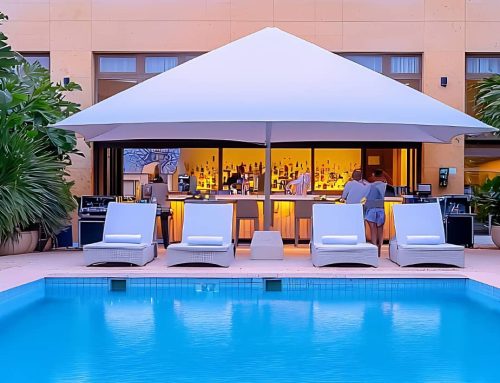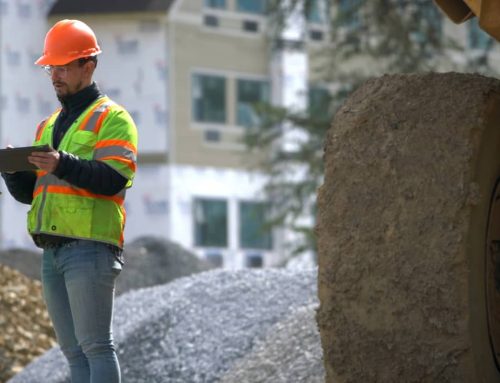Hotel renovation plays a crucial role in staying relevant and meeting the evolving needs of guests. As we step into 2024, the hospitality industry is experiencing a surge in innovative design trends that transform hotels into immersive and personalized experiences.
1. Embracing Biophilic Design
The incorporation of biophilic design in hotel renovation and remodeling is gaining traction in 2024. Integrating natural elements such as living green walls, indoor gardens, and water features creates a soothing and rejuvenating environment for guests. Additionally, designing rooms with large windows to allow abundant natural light and views of the surrounding landscape enhances guest satisfaction and well-being.
2. Authentic Local Experiences
Today’s travelers seek authentic experiences that reflect the culture and traditions of the destination they are visiting. Hotels are renovating and remodeling to provide a sense of place, integrating local materials, artwork, and design elements. From locally sourced furnishings to showcasing local cuisine and partnering with local artisans, more hotels will be creating unique experiences that immerse guests in the local culture and leave a lasting impression.
3. Technology Integration
Technology is transforming the hospitality industry, and hotels are leveraging it to enhance the guest experience. We can expect to see hotel renovations focused on seamless integration of contactless technology. Automated check-in processes, smart room controls, mobile room keys, and advanced in-room entertainment systems are just a few examples of how hotels are embracing technology to deliver convenience and personalization to their guests. Behind the scenes, updating existing hotels with integrated systems for climate control, lighting, and security enhances energy efficiency, enhances comfort, and reduces operational costs.
4. Sustainable Practices
Sustainability is increasingly important for both guests and hoteliers. In 2024, hotels are pursuing renovation and remodeling projects with a focus on eco-friendly practices. Incorporating energy-efficient lighting systems, water-saving fixtures, and green building materials not only reduces environmental impact but also enhances the hotel’s brand reputation. Hotels are also exploring renewable energy options and waste reduction strategies to align with guests’ sustainability expectations.
5. Enhancing Wellness Amenities
Guests are placing greater emphasis on wellness during their hotel stays, and hotels are responding by renovating and remodeling with dedicated wellness amenities. We can expect to see more fitness centers, spas, yoga studios, and meditation spaces integrated into hotel designs. These amenities cater to guests seeking relaxation, mindfulness, and maintaining their well-being while traveling.
6. Flexible and Adaptable Spaces
The pandemic has highlighted the need for flexible and adaptable spaces in hotels. In 2024, hotel renovation projects will prioritize the creation of dynamic spaces that can easily be reconfigured for different purposes. This might include the addition of movable walls, modular furniture, and versatile meeting spaces that can accommodate various group sizes or adapt to changing guest needs. This may also include a focus on hybrid spaces that can easily accommodate both work and leisure.
7. Compliance with Property Improvement Plans (PIP)
Property Improvement Plans (PIPs) are a tool used to improve the guest experience with updated amenities, technology and design elements. Hotel renovation projects with PIPs will continue to focus on improving the guest experience while not requiring owners to invest money in unnecessary standards in order to remain competitive in the marketplace. Updating guestrooms, public spaces, and amenities will remain a major part of PIPs to meet brand specifications and evolving industry trends.
The hospitality industry is embracing exciting new trends in hotel renovation and remodeling in 2024. From biophilic design to authentic local experiences, hotels are seeking to create memorable and immersive guest experiences while the integration of technology, sustainability practices, flexible spaces, and guest-centric technology aims to cater to the evolving needs and preferences of modern travelers. As hotels comply with Property Improvement Plans, they ensure their properties stay competitive and meet the high expectations of guests in the ever-changing landscape of the hospitality industry.




